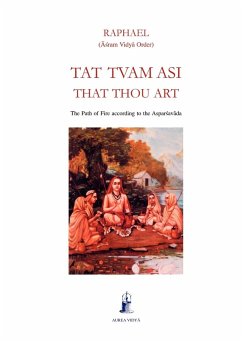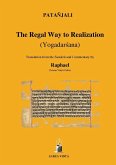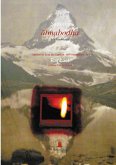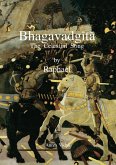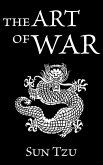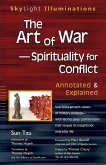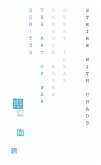"Tat tvam asi" (That thou art) is the most profound message of the Upanisads and constitutes the essence and the synthesis of the Advaita Vedanta and Asparsa Yoga teaching: 'That, which is infinitely subtle, is the essence of all this [universe]. That is the Reality. That is the Self and That thou art, Svetaketu - Please, Venerable Sir, instruct me still further - So be it, my dear - said he. (Chandogya Upanisad, VI, XIV, 3). In this book a realizative dialogue takes place between Antonio, a seeker of the ultimate Truth, and Raphael, an asparsin. Antonio has participated in every possible kind of experience without finding fulfilment, or any solution to his problems. The way indicated by Raphael, at one with Tradition, teaches that being, in its essence, is nothing but the Absolute. Conflict, suffering, opposition and violence exist because one's attention is directed to the outside rather than within, where one's own real nature lies, which is Completeness.
Hinweis: Dieser Artikel kann nur an eine deutsche Lieferadresse ausgeliefert werden.
Hinweis: Dieser Artikel kann nur an eine deutsche Lieferadresse ausgeliefert werden.

